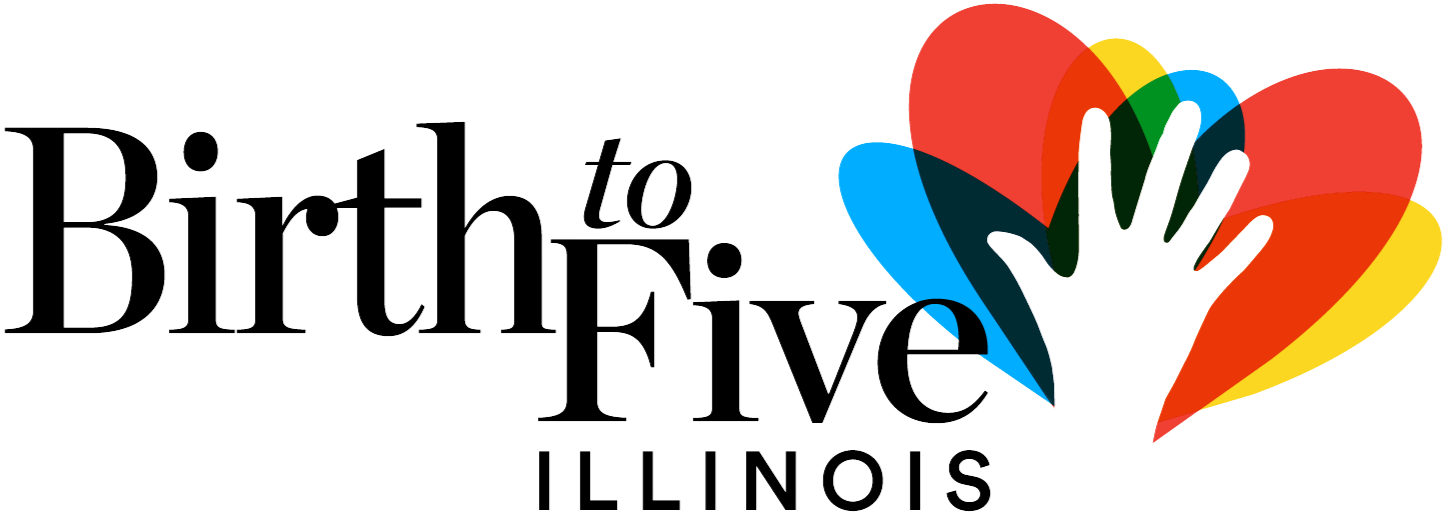Illinois Wants Parents, Educators in the Early Learning Conversation. Advocates Say that is Long Overdue.
December 7, 2021
By Cassie Walker Burke, photo by Lauren Miller, original article appeared in Chalkbeat
Illinois policymakers are moving to recruit parents and educators who would have a say in how the state spends a hoped-for windfall of federal funding for early learning.
The creation of 39 new regional early learning councils would be a marked shift in the top-down approach currently taken by the state, and advocates argue that efforts are overdue to recruit more parents, providers, and classroom educators from all corners of Illinois into the conversation.
Early in 2022, the state will launch the councils and start recruiting policymakers, educators, private providers, public officials and parents — the last group a particular area of priority, advocates say — who will provide community-level views on child care and preschool options in their area, how resources are meted out, and what is needed.
The creation of the councils, whose work would be ongoing, coincides with a massive federal push for states to expand education and child care for children under 5 — and strong encouragement from the feds for states and districts to solicit more community input in spending.
The Build Back Better Plan, which passed the House and is currently the subject of negotiations in the U.S. Senate, would send billions to states to help launch or grow pre-kindergarten programs open to all 3- and 4-year olds. The goal is to eventually reach some 6 million children through a combination of school districts, Head Start, and private programs, the White House has said.
State governments would have the option of signing on for the money and agreeing to expand programs, with the caveat that they’d ultimately foot some of the bill.
Illinois could receive more than $6.5 billion across the next four years, according to preliminary estimates, and the money could help Gov. J.B. Pritzker deliver on a stated goal of building a universal pre-K system. Funding has been a roadblock: The state currently spends just under $2 billion per year on children under 5 — about $1 for every $5 it spends on K-12 schoolchildren.
There would be a deadline for states to spend the federal windfall, a particular point of concern among Illinois policymakers, who are eager for a federal jump-start for early childhood programs — but worry the state doesn’t have the workforce or infrastructure to scale up so quickly.
Illinois typically rates high on quality measures with early childhood programming but struggles with access. In 2019, only about half of children 4 and under from low-income households were served by a publicly funded program. Whether families could find a program depended on where they lived, with pockets of the state severely lacking options.
At a Monday meeting of the state’s Early Learning Council, an influential group of state officials and policymakers who make recommendations to the governor’s office and other agencies, some attendees argued for required numbers of seats of parents in such groups, since they’ve been underrepresented in the past.
“Having parents at the table is not enough — they have to be involved,” said Jesse Rojo, an early learning organizer with the Chicago-based group Community Organizing and Family Issues. One suggestion was a 20% set-aside for parent leaders in executive committees and councils. Others included scheduling the meetings, which are typically in the day, at night and offering Spanish-language meetings.
Illinois could be positioned better than some others to take advantage of Biden’s plan. Under Pritzker, Illinois has issued multiple rounds of grant assistance to help stabilize early childhood providers, staving off closures that have dogged some other states. It has also raised its reimbursement rate to providers who care for low-income children and those in other vulnerable groups.
Illinois’ revamp of its early childhood system was set in motion before Biden took office. The governor convened an early childhood funding commission in 2019 to study the state’s system and lay groundwork for an expansion. Among the group’s recommendations were regional councils and a new agency to oversee early education.
The rollout of the regional councils will be overseen by the Illinois Network of Child Care Resource and Referral Agencies, a referral network and credentialing hub with more than a dozen offices across the state.
